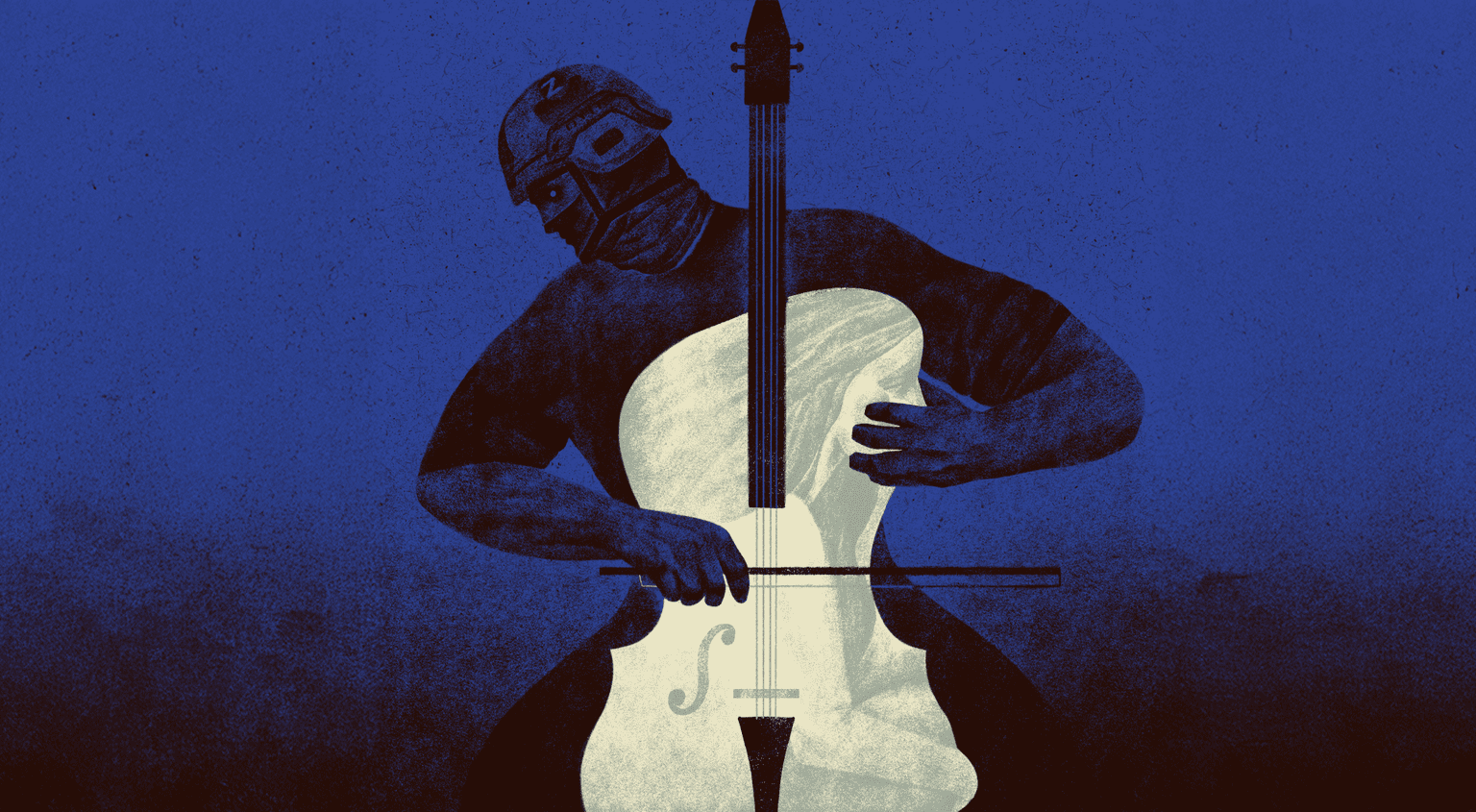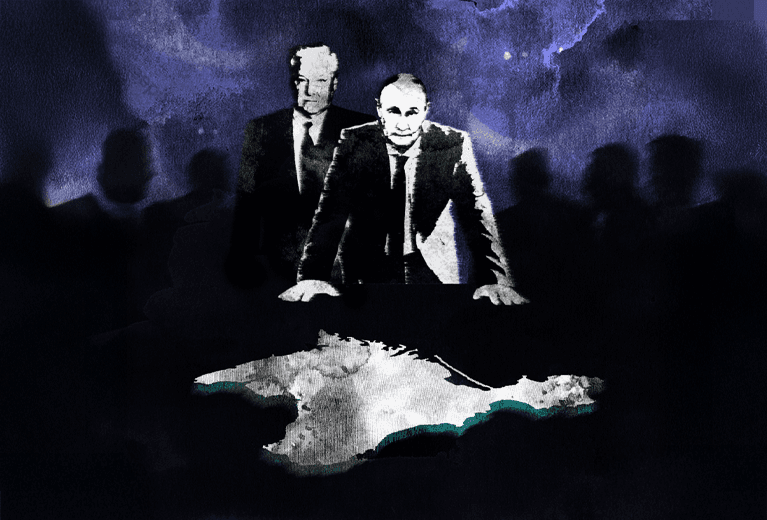Russian forces are abducting, torturing, and killing civilians living in the occupied left bank of the Ukrainian Kherson region since the onset of the full-scale invasion in 2022 – and they continue to do so.
The village of Hornostaivka, located on the left bank of the Dnipro River in Kherson region, has become a center of Russian occupation terror since its capture in 2022.
Anyone can be a target: former Ukrainian soldiers, weapon owners, businessmen whose properties Russian forces covet, or even someone greeting others in a shop with “Glory to Ukraine.”
Russian forces have set up a torture chamber in Hornostaivka, where hundreds of people may have been subjected to its horrors. Many have vanished without a trace, like Oleksandr Slisarenko, who was taken from his home by Russian forces in August 2022.
Some have been tortured to death, like Ruslan Rusnak, who was taken in November 2023.
Though access to Russian-controlled territory is nearly impossible, testimonies from dozens of witnesses have allowed us to identify some of those responsible for the terror.
INVESTIGATION
On the morning of Nov. 20, 2023, Russians came to Raisa Rusnak’s home, looking for her 28-year-old son Ruslan. Four masked men threw him onto the ground and began beating him.
"Guys, what have I done to you? What do you want from me?" Ruslan shouted. Those were the final words Raisa heard from her son. She never saw him alive again.
Eight days later, she identified his body at the morgue. She was told that he had died of internal bleeding from a stomach ulcer during interrogation by the Russian occupation police. The woman is convinced that her son was tortured to death. Even the official Russian death certificate states that Ruslan died on the day of his detention — a week before she was informed of her son's death.
We learned similar stories from other residents of Hornostaivka who were able to leave. At present, interviewing such witnesses is the only way to learn about Russian war crimes in the occupied territories. The east bank of Kherson Oblast is under tight control, and no one but Russians have access to it: neither independent law enforcement agencies, nor documentarians, nor journalists.
In the course of our investigation into Russian terror in the occupied territories, we interviewed dozens of people who managed to leave — some of them as recently as the summer of 2024. Most of them asked for anonymity or refused to be interviewed out of fear of the Russians. Almost all of them have relatives or friends left in the occupation who could face retaliation for these testimonies.

More investigations











